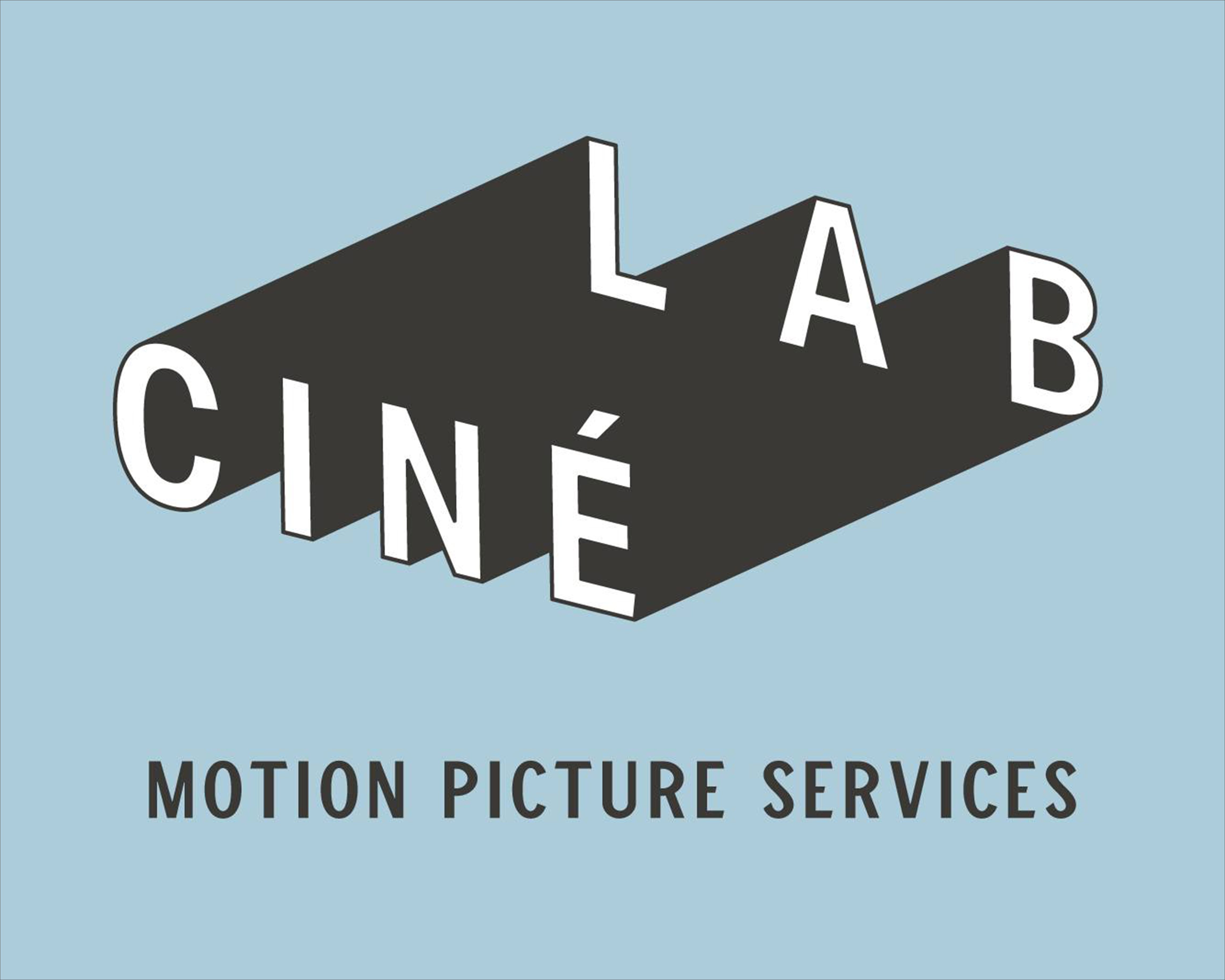Tylerb
New member
Hey guys.
Now I'm really actually considering to stop doing this short (15 min) film - For one reason.
The acting.
I'm starting to get extremely stressed over the whole affair and every time I meet up with my actors for a rehearsal I come home tired (obviously) and extremely depressed about my movie.
Here are some of my concerns:
- There were no auditions. I had no idea what my actors sounded like and how they acted.
- The film is an action and it is set inside a street with a Capture the Flag game. The main character (male) sounds gay. He's not gay, but because people stereotyped that I really don't think he fits.
- I'm not getting the feel that I want. When I ask them to act a bit more panicky, they stay the same. If they need to jump up then jump back down to dodge a bullet, they sort of half-ass it and crouch like they were about to take a s**t. Even after I ask them it's still the same.
- Because film is much much different from stage (the background training of the actors) I'm not to sure how to be training them.
- My actors can not even stay serious for 10 seconds without making a sex joke or something like that. They deface my script turning a line that says "Come here" and make it sexual while acting it. Then they loose attention.
The fact that we have had to close off a street and we are filming exactly a month away from now doesn't help, either.
So please, help me. I'm really confused what to do. I don't want all this time and effort to go to waste. Should I get a new (4 actors) cast? Re-plan the street closure to later? Please help.
Thanks,
Tyler
A very stressed and confused director.
Now I'm really actually considering to stop doing this short (15 min) film - For one reason.
The acting.
I'm starting to get extremely stressed over the whole affair and every time I meet up with my actors for a rehearsal I come home tired (obviously) and extremely depressed about my movie.
Here are some of my concerns:
- There were no auditions. I had no idea what my actors sounded like and how they acted.
- The film is an action and it is set inside a street with a Capture the Flag game. The main character (male) sounds gay. He's not gay, but because people stereotyped that I really don't think he fits.
- I'm not getting the feel that I want. When I ask them to act a bit more panicky, they stay the same. If they need to jump up then jump back down to dodge a bullet, they sort of half-ass it and crouch like they were about to take a s**t. Even after I ask them it's still the same.
- Because film is much much different from stage (the background training of the actors) I'm not to sure how to be training them.
- My actors can not even stay serious for 10 seconds without making a sex joke or something like that. They deface my script turning a line that says "Come here" and make it sexual while acting it. Then they loose attention.
The fact that we have had to close off a street and we are filming exactly a month away from now doesn't help, either.
So please, help me. I'm really confused what to do. I don't want all this time and effort to go to waste. Should I get a new (4 actors) cast? Re-plan the street closure to later? Please help.
Thanks,
Tyler
A very stressed and confused director.





